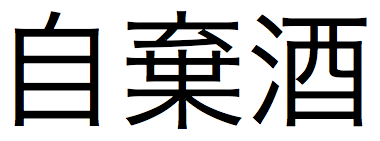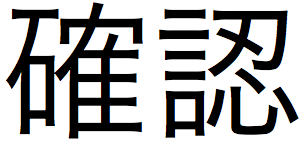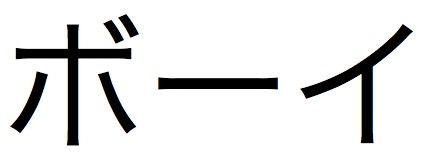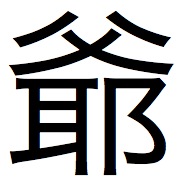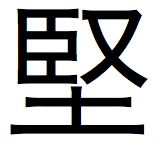My latest column is in the Japan Times Bilingual page today: “Discovering verb stems: A gokan oasis in the desert of gobi”
I address what was for me one of the most difficult adjustments to make during my first year of study: learning the ます形 form first only to have to get used to the 普通形 later. I distinctly remember wondering why they couldn’t just put the ます形 words in the dictionary.
I also remember the teachers mentioning things like あ行 and い行 when the consonant-stem verbs came up, but it was just too much information at the time, and the textbook we used—the infamous Jorden-Noda Japanese the Spoken Language—was dense as a motherfucker.
I wonder now if a focus on the difference between 語幹(ごかん) and 語尾 (ごび) earlier on, before students really even have the ability to understand them, would benefit students. As I mention in the article, I think it might be beneficial for students to learn this:
のま
のみ
のむ
のめ
のも
Rather than this:
ま
み
む
め
も
Just repeat this out for all the different verb stems, and you’d have every kana covered, and the 行s might make more sense/feel more tangible to students.
Just a thought. I almost wish I had a masters in Japanese pedagogy and a class full of first-year students to experiment on…




